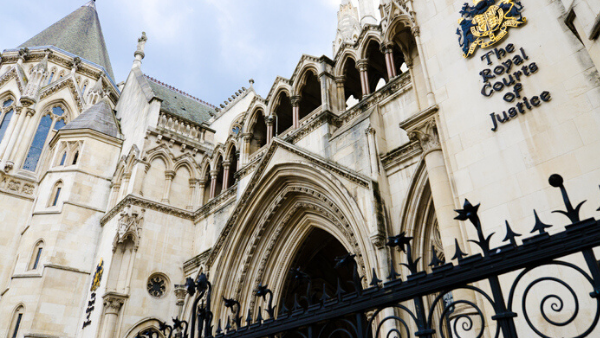In the recent case of Price v Saundry & Anor [2019] EWCA Civ 2261 the Court of Appeal had to consider the circumstances in which trustees are entitled to be indemnified from the trust fund for the costs that they incur in court proceedings.
Charlotte Razay, together with Barrister, Alexander Learmonth, acted for the successful Appellant, Mrs Price in this ground-breaking case.
Background
Mrs Price and Mrs Saundry were the two beneficiaries of a trust comprising a number of buy to let properties in the South West. The trustees were Mrs Saundry (who became the trustee after the death of her late husband) and her brother, Martin Sanders.
Mrs Price’s claim began as a claim to remove Mrs Saundry and her late brother (Mr Sanders) as trustees of the trust, for three reasons:
1. In breach of the trust deed Mrs Saundry refused to appoint Mrs Price as a trustee and instead, appointed her brother;
2. Mrs Saundry attempted to buy one of the trust properties at an undervalue; and
3. The trustees had persistently failed to provide Mrs Price with financial and accounting information, in breach of trust.
By the time the matter was ready for trial in September 2017, the trustees had sold the majority of the trust properties, which meant there would shortly be only a pot of money for distribution to the beneficiaries. The application to remove them would then be rendered otiose. It was agreed that instead, the litigation would proceed as an account against the trustees, requiring them to account for the capital and all income and expenditure of the trust since Mrs Saundry became a trustee in 2013.
The Court proceedings
Three attempts were made to provide the account that had been ordered by the Court. Mr Sanders died shortly after service of the first attempt at the account.
Mrs Price disputed the account alleging, amongst other things, that the trustees had made various improper payments. One example was the payment of over £21,000 to Mr Sanders after his appointment as a trustee. As a matter of law, trustees cannot profit from their position. This includes remuneration. This rule also applies to someone who is not legally a trustee, but who holds themselves out to be.
The matter came before HHJ Matthews in February 2019. He determined that the trustees had made a number of improper payments and ordered Mrs Saundry to repay the trust over £52,000 plus interest.
Mrs Price had made two relevant offers to settle her share in the trust fund. One of them was what is known as a Part 36 offer (an offer pursuant to Part 36 of the Civil Procedure Rules). There are significant costs consequences when: (1) a claimant makes a Part 36 offer; (2) the defendant does not accept it; and (3) the claimant beats it at trial. The effect of the determination was that Mrs Price had beaten both offers.
The Judge’s decision on costs
The Judge decided that Mrs Saundry should pay Mrs Price her legal costs incurred in connection with the account.
However, he ordered that the trustees could have both their own costs and the costs they had to pay to Mrs Price, indemnified out of the trust fund. The effect of this would have meant that Mrs Price, despite winning the case on the account, would have been financially better off not to have challenged it at all.
Unsurprisingly, Mrs Price appealed to the Court of Appeal.
The Court of Appeal Judgment
The Court of Appeal reversed the Judgment on the costs relating to the indemnity. It decided that if a breach of trust or misconduct is established, causing loss to the trust fund, then the trustee can be deprived of their indemnity from the trust. They said that misconduct should be “construed widely to include not only misconduct in the sense of dishonesty but also misconduct which is unreasonable in the circumstances”. The Court of Appeal made clear that misconduct does not extend to a mistake on the part of a trustee.
Not only did the Court of Appeal consider that the account demonstrated that there had been serious misconduct, but also breaches of trust.
The Court of Appeal ordered that Mrs Saundry pay Mrs Price’s costs and her own costs of the account personally.
Conclusion
This is a stark warning to those acting as trustees that they cannot embark on litigation, have an adverse costs order made against them, and expect the trust to pay for it. If their conduct is found to be unreasonable, then they are at real risk of losing their indemnity and becoming personally liable. That could be expensive, as Mrs Saundry has no doubt found out.





